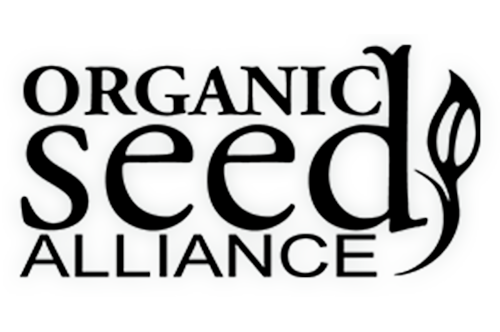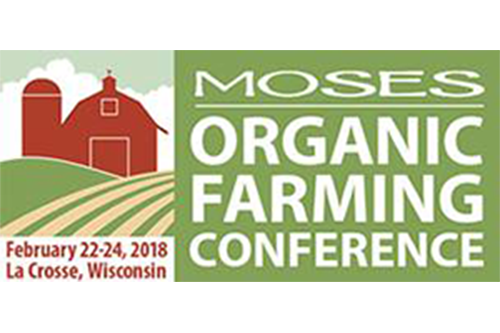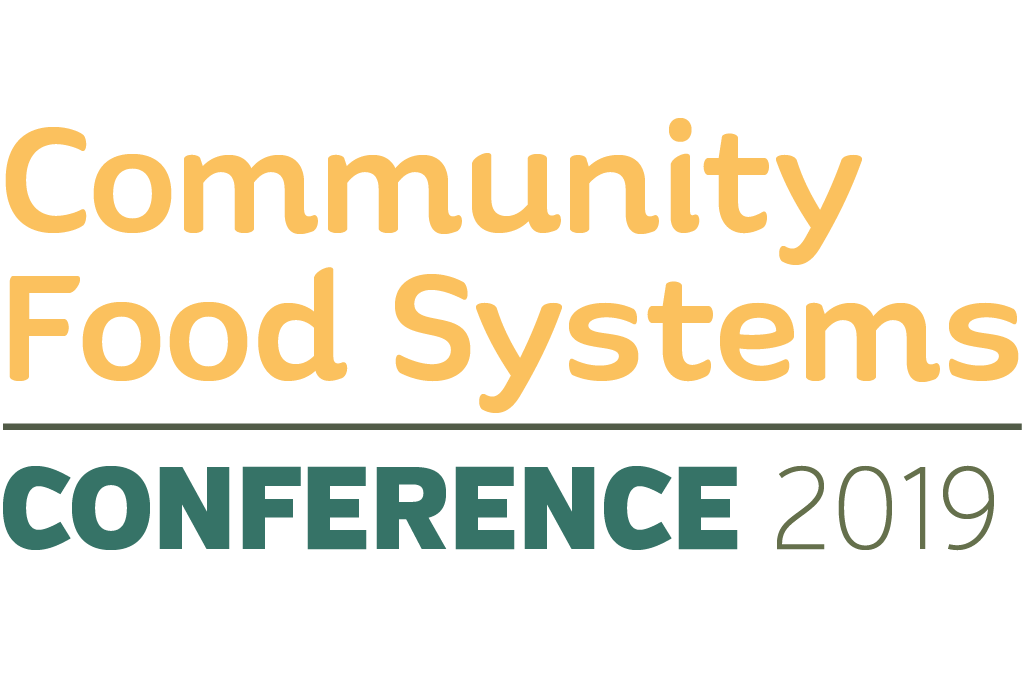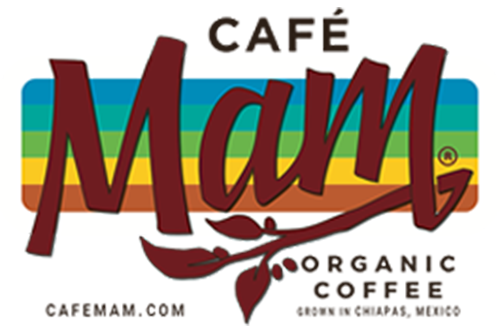In 1998, Bill Harris bought 40,000 pounds of coffee from Guatemala and then drove around the country in his Volkswagen bus looking for buyers. He brought just enough to help him find like-minded people who would want to roast and sell the varietal. One year later, seven roasters teamed up with Harris’ own roasting company, Café Campesino, to form Cooperative Coffees.
Today, the cooperative — comprising 20 roasters from Texas to Québec to Florida — sources 4.3 million pounds of coffee annually from 26 partner growers in Latin America, Southeast Asia, and Africa. Its coffee is diverse. It’s aromatic. And each bean is a story of deep relationships between its roasters and
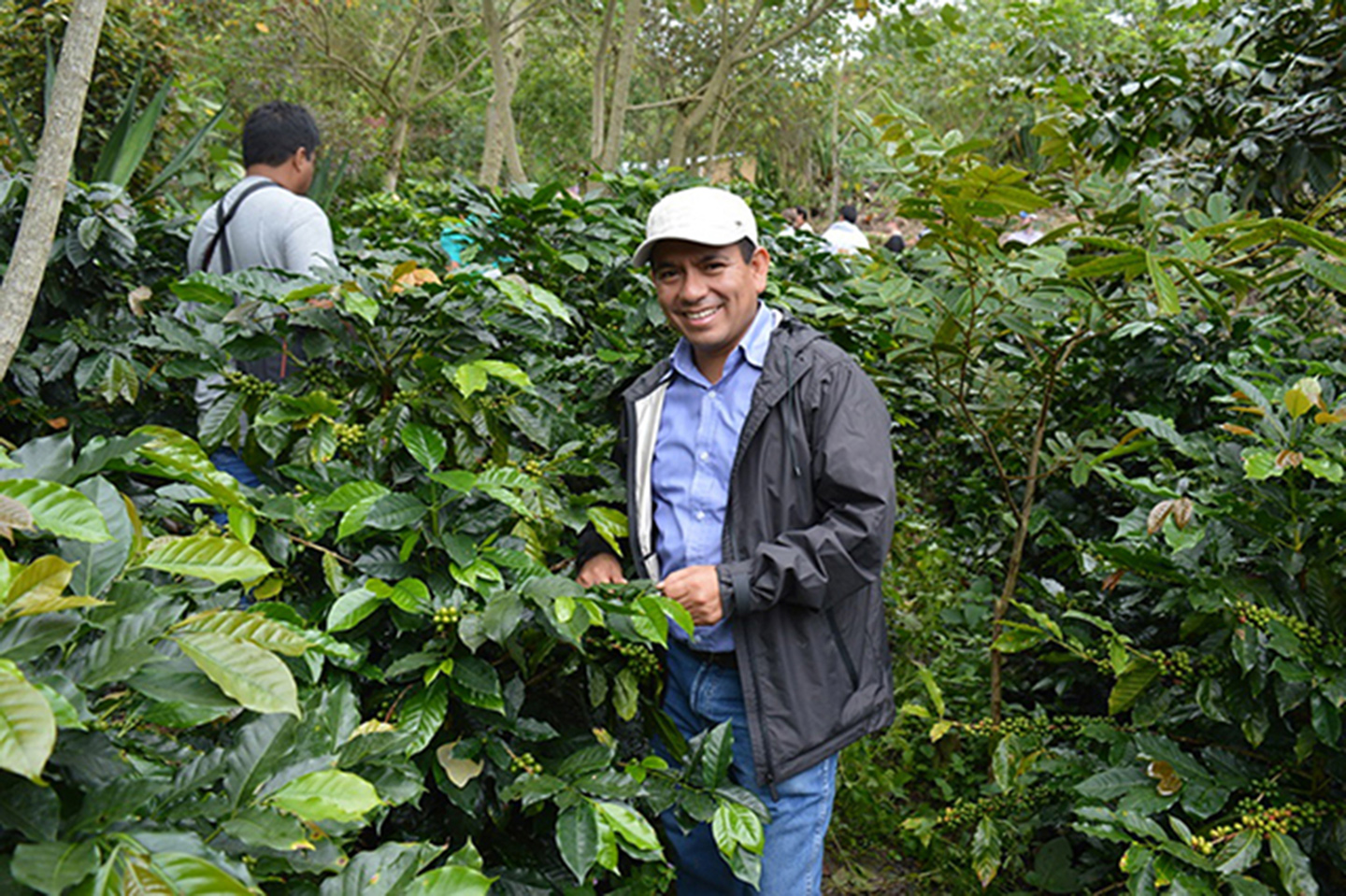
Ed Canty, Cooperative Coffees’ general manager, is the perfect blend of Tony Robbins and Paul Bunyan. With a preacher’s zeal and a Vermonter’s thick beard, he describes some of the organization’s core values of fairness, truth, transparency, and passion for the cause.
Cooperative Coffees strives to pay a fair and equitable price to coffee producers who support organic practices and family livelihood. Included in this is a Fairtrade Premium on all purchases, a communal fund of 20 cents per pound; producer cooperatives vote on how to invest their fund in their communities and businesses. In addition, Cooperative Coffees manages its own Carbon, Climate, and Coffee fund to address projects that cannot be solved by trade.
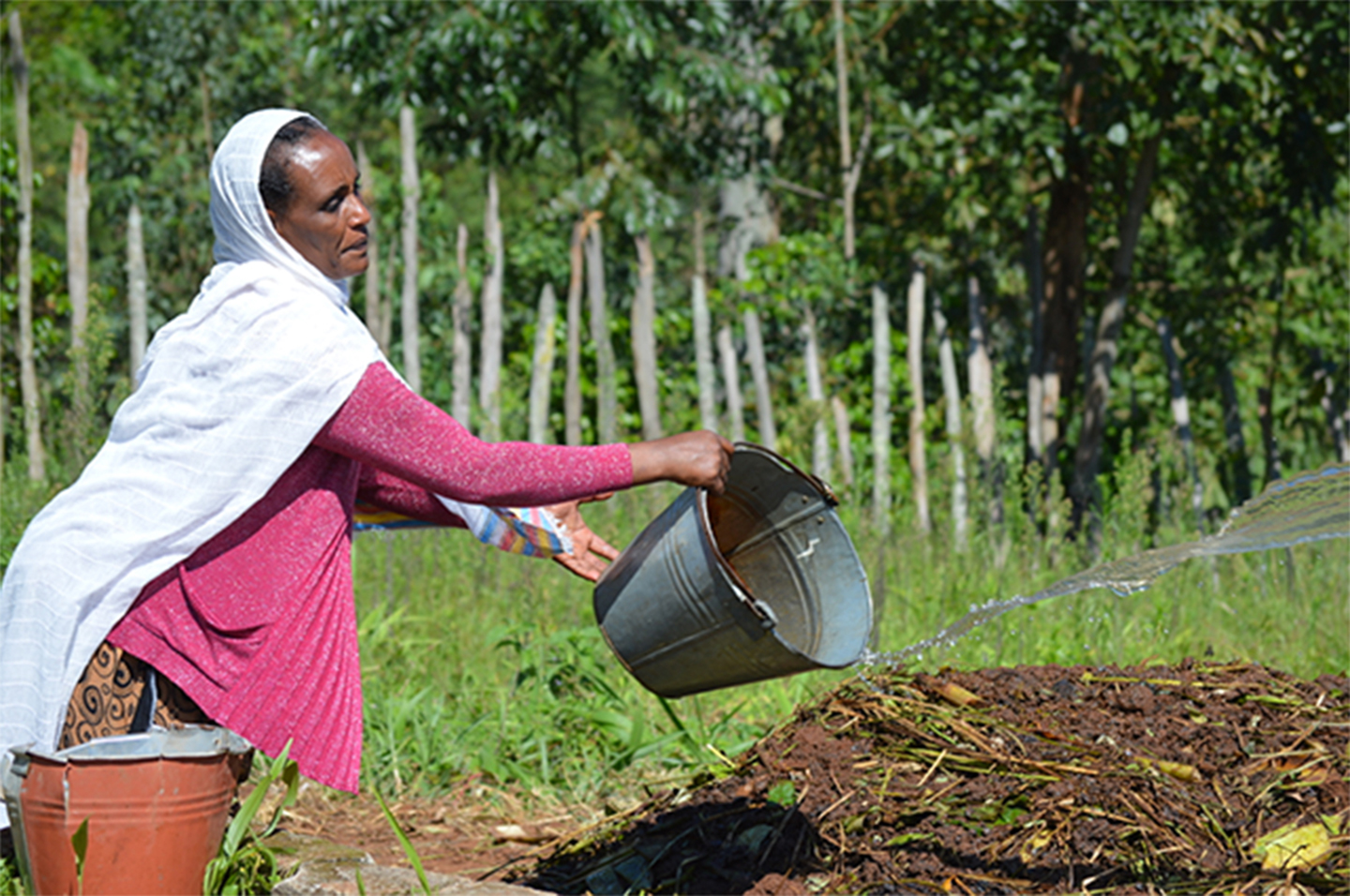
One of the most important metrics of success for Cooperative Coffees is the percentage of beans bought from growers with whom it has had relationships of three years or longer. Tellingly, in 2015 the organization’s number was 84 percent. “What’s really important for any buyer involved in global trade,” said Canty, “is that they are staying engaged with their producer partners and not just shopping around for the cheaper deals.” All information is shared with roaster members and their customers, so they understand what impact their purchases have on the supply chain.
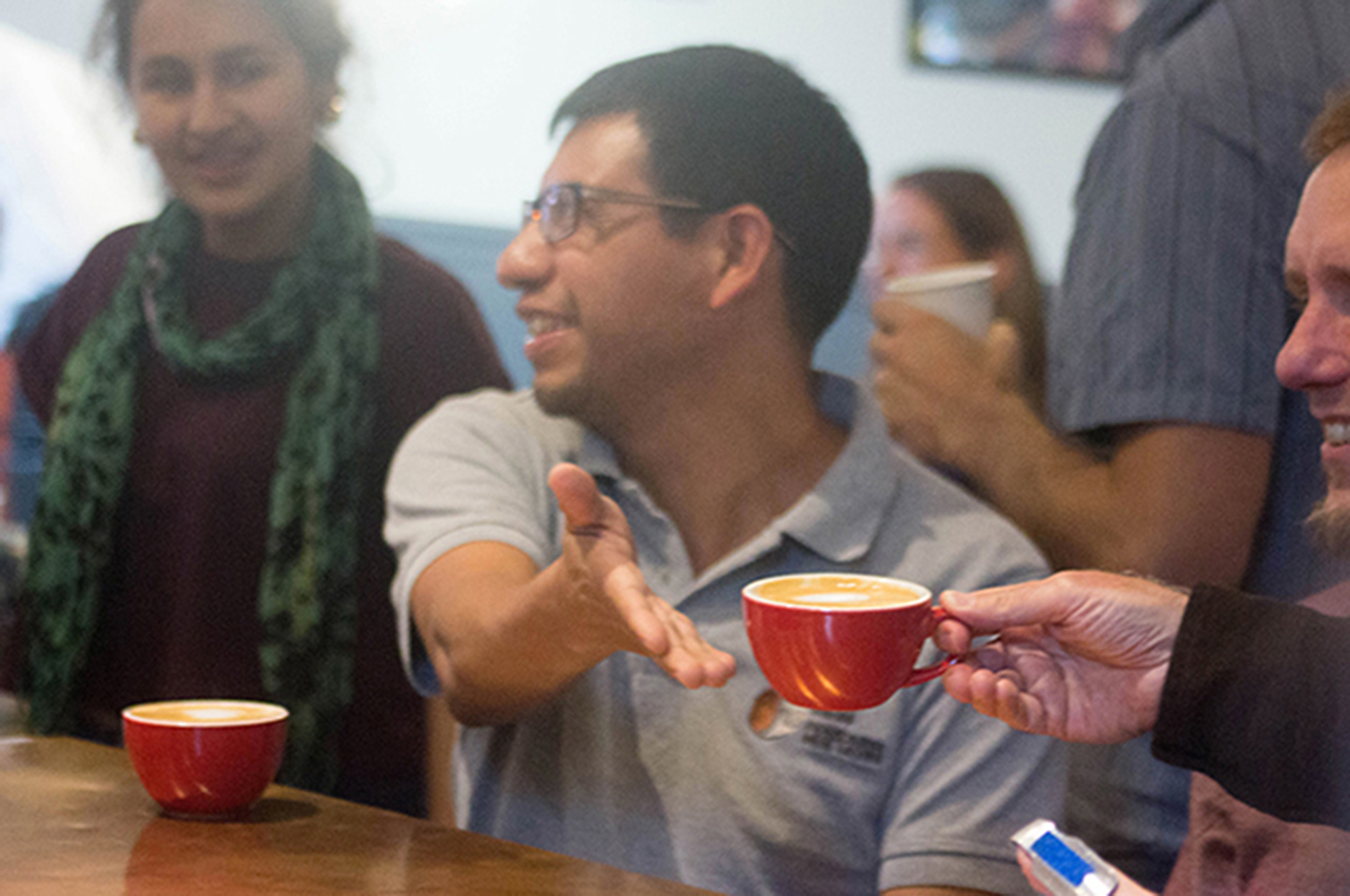
“We want to invest in producer organizations that are healthy businesses supporting resilient communities, a challenge because so many producers in our industry are forced to negotiate as victims and avoid asking for the true cost of sustainable production in fear of buyers going elsewhere,” said Canty. The organization shares these relationships online through its Fair Trade Proof website, documenting producer relationships, contracts, and project work.
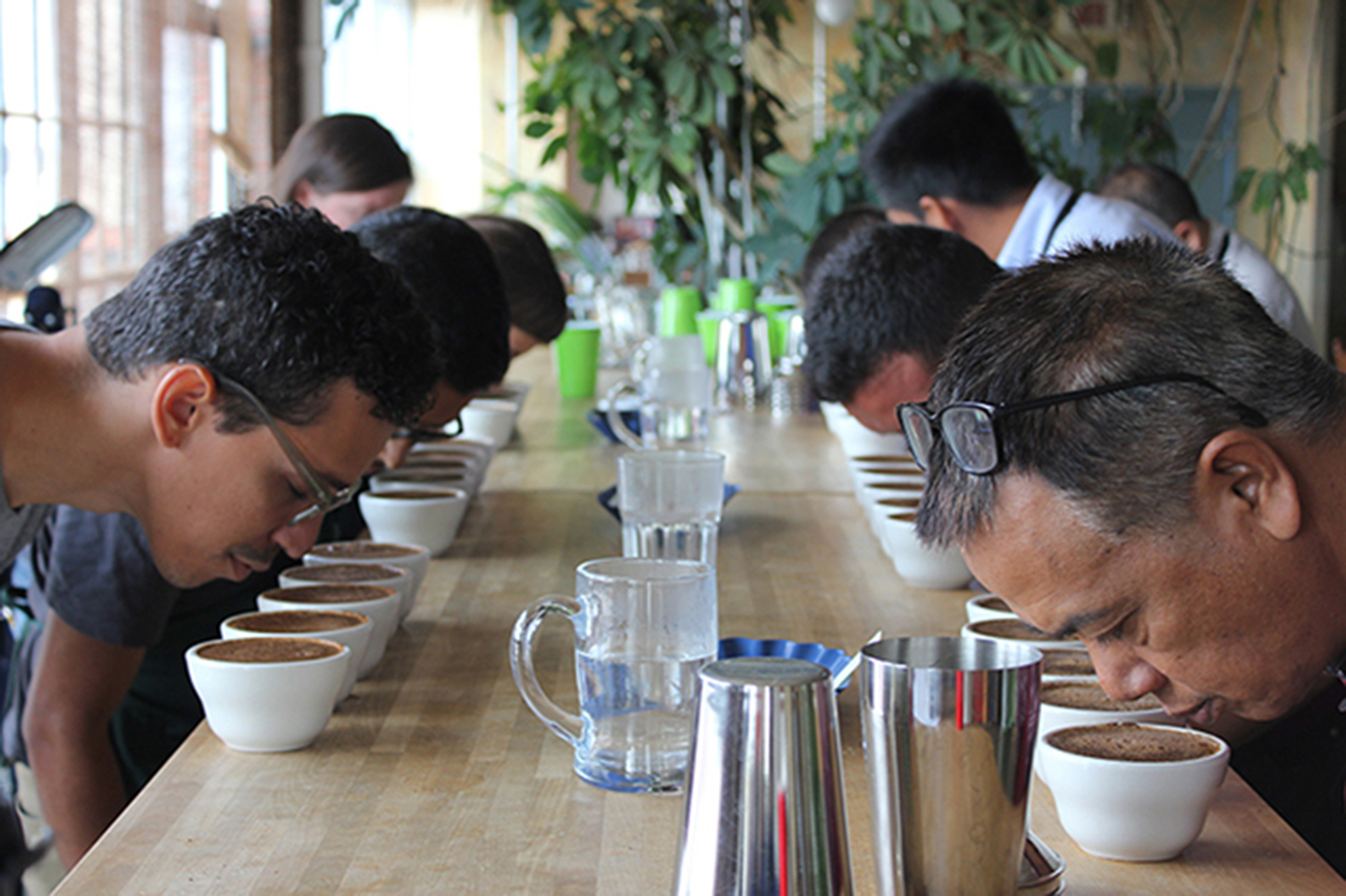
Cooperative Coffees is committed to stability and staying engaged. “Our partnerships are designed to consider our growers’ infrastructure as an investment,” said Canty, “and continue to build living soils, farmer equity, and coffee quality together.”

